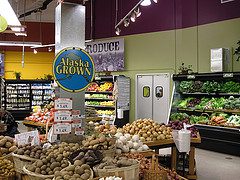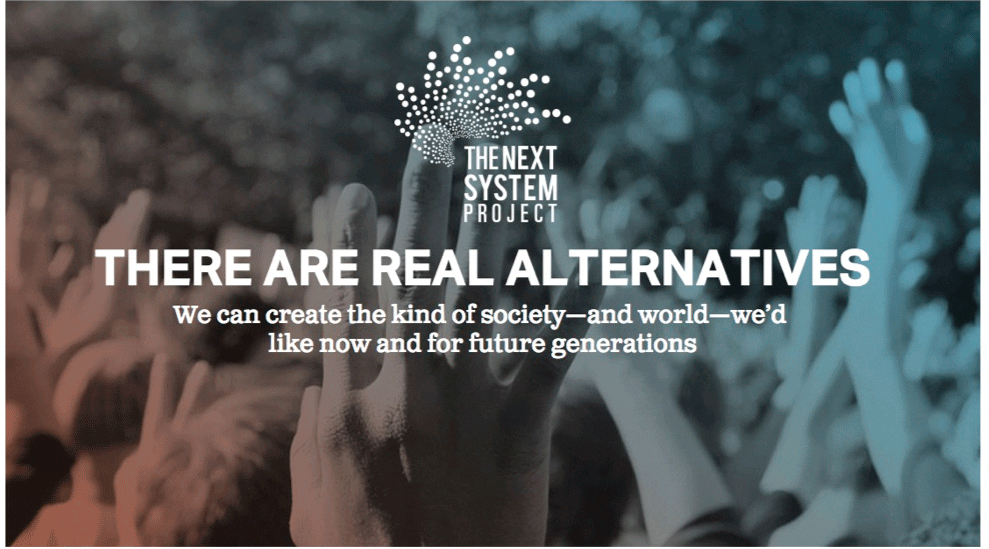
The rise of what I’ll call the “new economy idea,” is, of course, directly related to the impact of the Great Recession. If there had been no Great Recession, quite possibly few would be talking about a new economy today. The Great Recession, among other things, provided a wake-up call that building wealth through homeownership, while important, was grossly insufficient as a strategy for community economic transformation.
Our field has yet to fully adjust to this trauma, which, among other things, wiped out more than $2 trillion of household wealth, about half of it in communities of color. Yet there are signs of change afoot, such as the themes of community ownership and control at last March’s People and Places conference.
A central idea stemming from that conference was the importance of inculcating the principles of “holistic, systemic change” into the heart of the work. This means, effectively, Center for Family Life in Brooklyn or a community-oriented business accelerator like Inner City Advisors in Oakland, there is clearly new energy in building community-based business capacity. Linking community development to health also has gained greater prominence, as more and more people, including researchers at the San Francisco Federal Reserve, have come to realize that health outcomes and community economic development outcomes are inextricably linked.
The response we received at the Democracy Collaborative for The Next System Project, which we launched only at the end of March calling for a national conversation on system change, also illustrates the hunger for new approaches.
So far, more than 5,000 people have signed a letter titled “Time to Face the Depth of the Systemic Crisis We Confront,” including: labor leaders like Leo Gerard of the Steelworkers; co-op developers like Hilary Abell of Project Equity; community development leaders like Angela Glover Blackwell of PolicyLink and Lisa Hasegawa of the National Coalition for Asian Pacific American Community Development; community organizers like Gopal Dayaneni of Movement Generation and James Mumm of National People’s Action; environmental justice activists like Deeohn Ferris of the Sustainable Communities Development Group; and community development corporation leaders like Steven Williams of The Partnership Community Development Corporation in Philadelphia. Additionally, more than 1,500 signed up for a free webinar on the Next System Project.

Another theme that came from the BALLE convening was the importance of building an ecosystem of support to foster effective, community-based business development. Deborah Frieze and Aaron Tanaka highlighted their work with what they are calling the Boston Impact Initiative, which has developed a $5 million fund ($1.6 million deployed so far) that provides low-interest loans with flexible underwriting to support community business development, including worker cooperatives. More fundamentally, though, Frieze and Tanaka emphasized that their goal was not the lending per se, but “creating the conditions for communities of practice.”
Two years ago, confronting our nation’s landscape of structural poverty, the F. B. Heron Foundation declared that the world has changed and so must we. There is still a long way to go, but, as the above examples attest, perhaps a few steps along this path may be emerging.
(Photo credit: Fairbanks co-op market, Alaska’s first member-owned community grocery store, courtesy of the USDA on Flickr, CC BY 2.0)





Comments